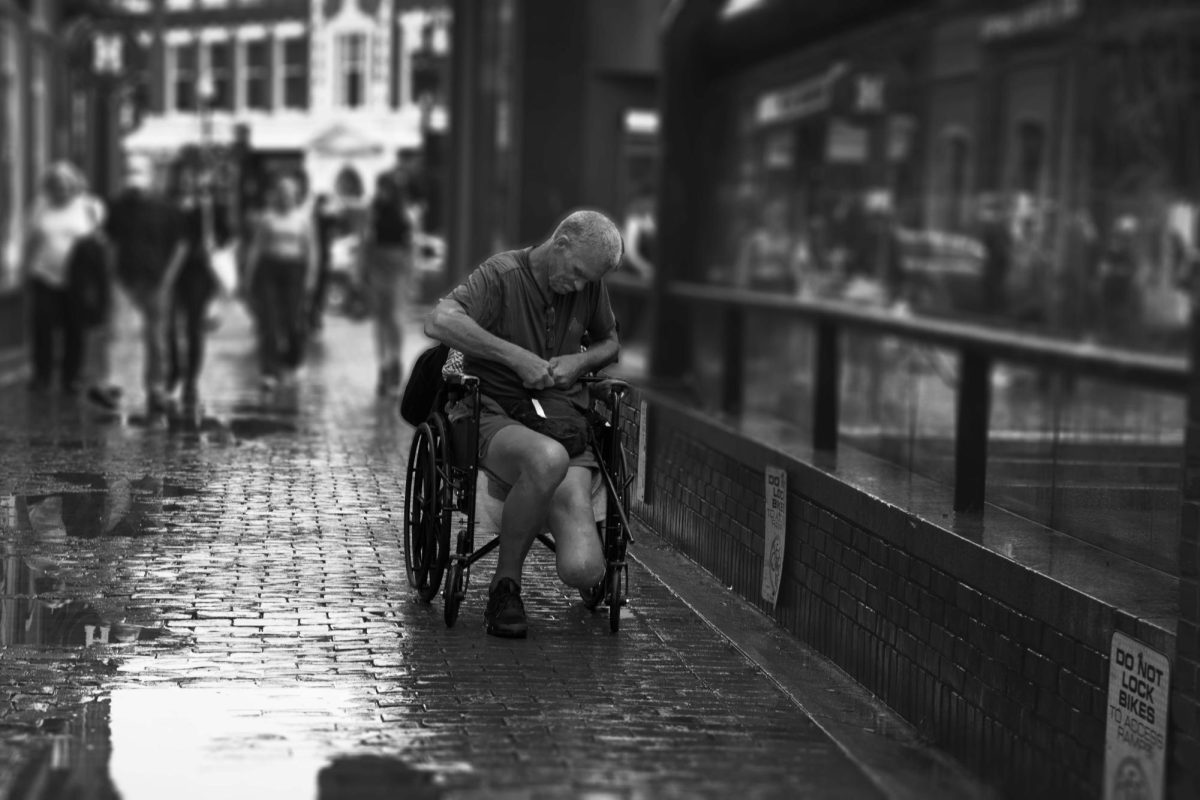The picturesque streets of Cambridge, Massachusetts, particularly in Harvard and Central Squares, flutter with culture, academia, and a vibrant sense of community. However, there are growing tensions among police, local businesses, and advocates for the homeless regarding the influx of homelessness and its impact on public safety, sanitation, and life for all residents.
As of now, the city of Cambridge offers nearly 300 year-round emergency shelter beds and 100 seasonal beds, including accommodations for families. However, the demand for these beds consistently outweighs their availability, a common issue faced by many cities grappling with homelessness. Case managers at the city’s Multi-Service Center play a crucial role in referring individuals to shelters and assisting them in applying for beds elsewhere. It is important to note that most shelters in Cambridge primarily provide permanent beds rather than offering immediate short-term options. Despite the pressing need for coordinated information, no single agency maintains a comprehensive database of available beds. Consequently, city workers and unhoused individuals must contact each shelter individually, which adds to the difficulty of securing shelter. Unfortunately, the immediate availability of shelter beds for unhoused individuals remains a significant challenge, particularly for individuals seeking shelter at short notice. Many shelters operate with limited capacity, and securing a bed often requires participation in a lottery system. Moreover, seasonal variations and the closure of some shelters during the summer exacerbate the situation.
This issue has also sparked debate about the approach taken by law enforcement agencies. While some argue that addressing visible signs of neglect and homelessness is necessary to reduce crime and drug use, others advocate for a more compassionate and person-centered approach. Homelessness should not be criminalized, and encounters with law enforcement should prioritize conflict resolution and harm reduction over punitive measures. However, it is crucial to recognize that law enforcement officers often find themselves in challenging situations, and addressing homelessness should be a collaborative effort involving not just the police but also social service agencies, community organizations, and local government.
Advocates for the homeless, including City Council candidate Dan Totten, have called for a more extensive expansion of shelter capacity and increased support services. This approach aims to address the root causes of homelessness and provide individuals with the resources they need to transition out of homelessness successfully. It is a humane and effective way to reduce homelessness in the long term. While the concerns raised by local businesses and residents are valid, we must remember that homelessness is a symptom of larger societal issues, including housing affordability, mental health, and substance abuse. To truly make a difference, we need to invest in long-term solutions, such as affordable housing, mental health services, and addiction treatment programs. Empathy and compassion must always guide our efforts to address homelessness in Cambridge. Instead of criminalizing homelessness, we should work together as a community to support our unhoused neighbors and ensure they have access to safe shelter, essential services, and a pathway to stability.















